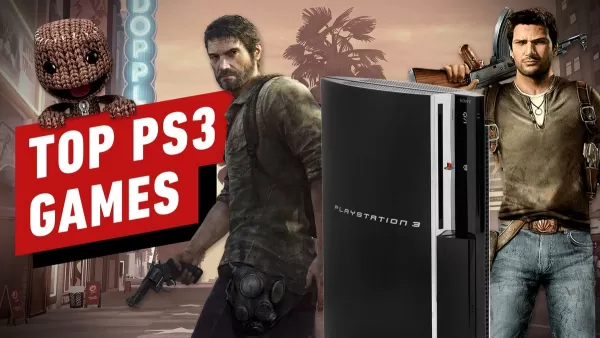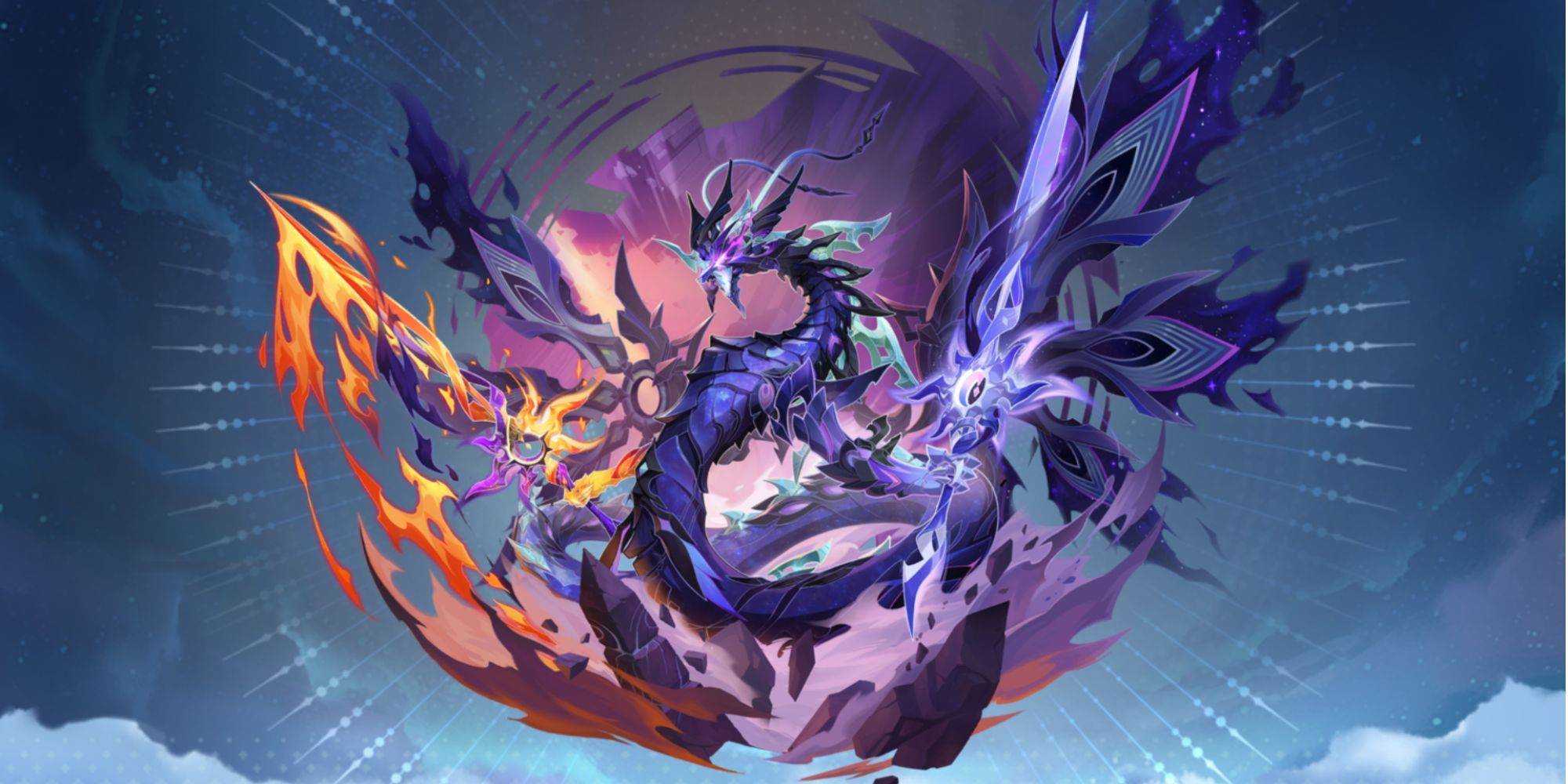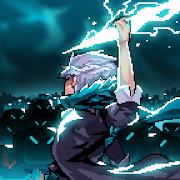With Monster Hunter Wilds breaking Steam records and the Resident Evil series enjoying unprecedented popularity thanks to Village and a series of stellar remakes, it seems that Capcom can do no wrong these days. Yet, just a few years ago, Capcom faced a dire situation following a series of critical and commercial failures that left the company struggling to find its footing.
Capcom was grappling with an identity crisis. The Resident Evil franchise, which pioneered the survival horror genre, had strayed from its roots after the release of Resident Evil 4. Similarly, the iconic Street Fighter series was faltering after the disappointing launch of Street Fighter 5. These setbacks threatened to end Capcom's legacy and its beloved games.
However, amidst these challenges, Capcom found a path to revival. By adopting a new approach to game development, bolstered by the introduction of a cutting-edge game engine, Capcom breathed new life into its flagship series. This strategic shift not only restored the company's reputation but also propelled it into a new era of success, positioning Capcom once again as a leader in the gaming industry.
Resident Evil Lost Its Way
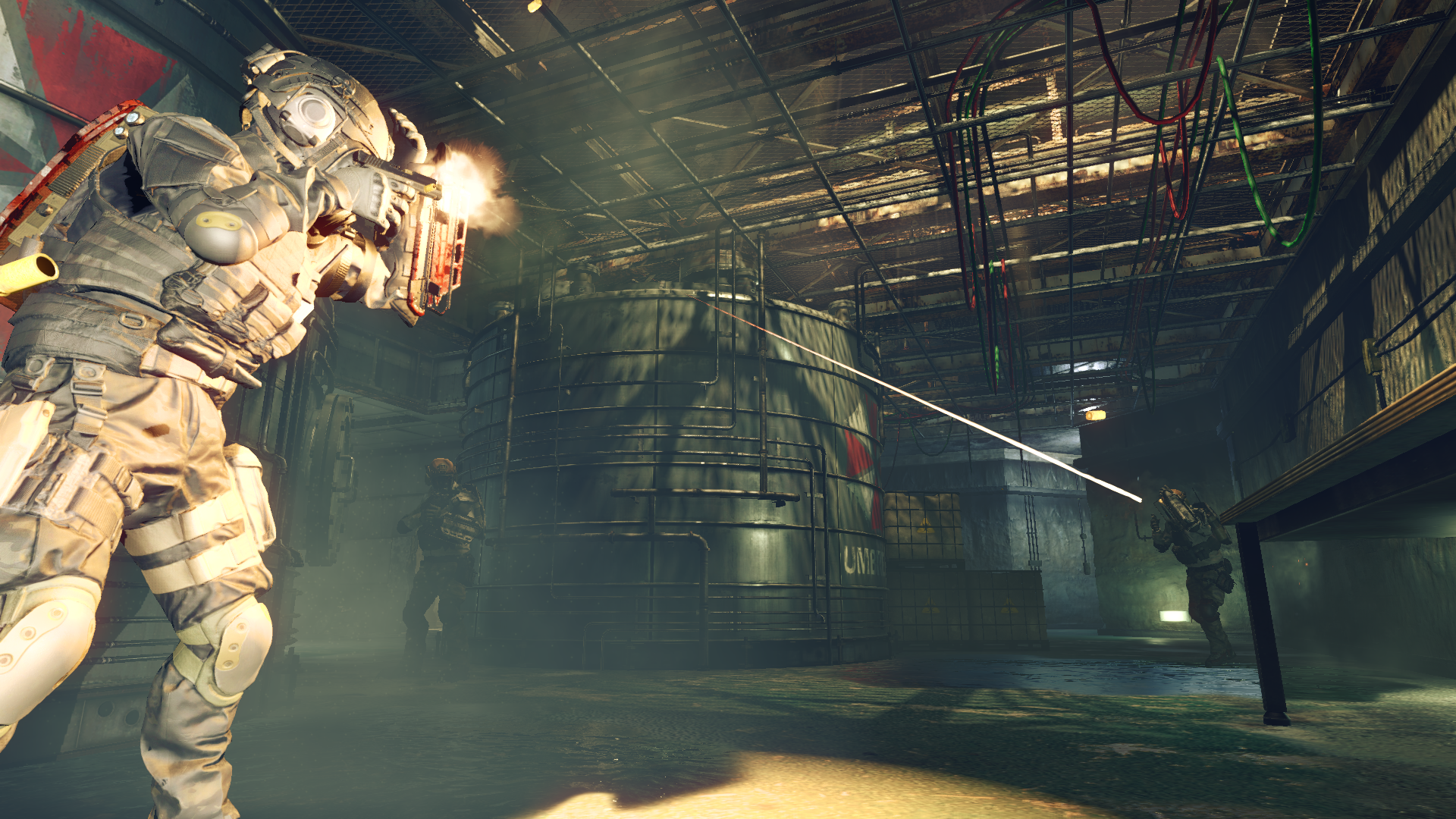 2016 was a challenging year for Capcom. The release of Umbrella Corps, an online co-op shooter, was met with harsh criticism from both reviewers and fans. Meanwhile, Street Fighter 5 left many long-time enthusiasts skeptical, questioning if this was truly the sequel to the beloved Street Fighter 4. The release of Dead Rising 4, which marked the return of fan-favorite Frank West, turned out to be the last new entry in the series.
2016 was a challenging year for Capcom. The release of Umbrella Corps, an online co-op shooter, was met with harsh criticism from both reviewers and fans. Meanwhile, Street Fighter 5 left many long-time enthusiasts skeptical, questioning if this was truly the sequel to the beloved Street Fighter 4. The release of Dead Rising 4, which marked the return of fan-favorite Frank West, turned out to be the last new entry in the series.
This period represented the nadir of Capcom's struggles since 2010. The mainline Resident Evil games were seeing declining critical acclaim despite robust sales. Street Fighter was struggling to regain its footing, and other key franchises like Devil May Cry were noticeably absent. At the time, Monster Hunter was a massive hit in Japan but had yet to break into international markets effectively.
"Many of us started feeling that what the fans and players wanted from the series was getting a little bit separate from what we were making," Capcom's developers noted. This sentiment was a far cry from the Capcom we know today. Since 2017, Capcom has consistently delivered hit after hit from its most renowned franchises, earning both commercial success and critical acclaim with titles like Monster Hunter World, Devil May Cry 5, Street Fighter 6, and a series of acclaimed remakes and reboots of the Resident Evil series.
Achieving this turnaround required more than just learning from past mistakes. Capcom needed to overhaul its entire strategy, from targeting the right players to leveraging new technology. To understand this transformation, IGN spoke with four leading creatives at Capcom, exploring how the company overcame its challenges and emerged stronger than ever.
Founded in 1979 as a manufacturer of electronic game machines, Capcom rose to prominence in the '80s and '90s with iconic 2D titles like Street Fighter and Mega Man. The company successfully transitioned into the 3D era with games like Resident Evil, culminating in the creation of one of the greatest games of all time, Resident Evil 4, in 2005.
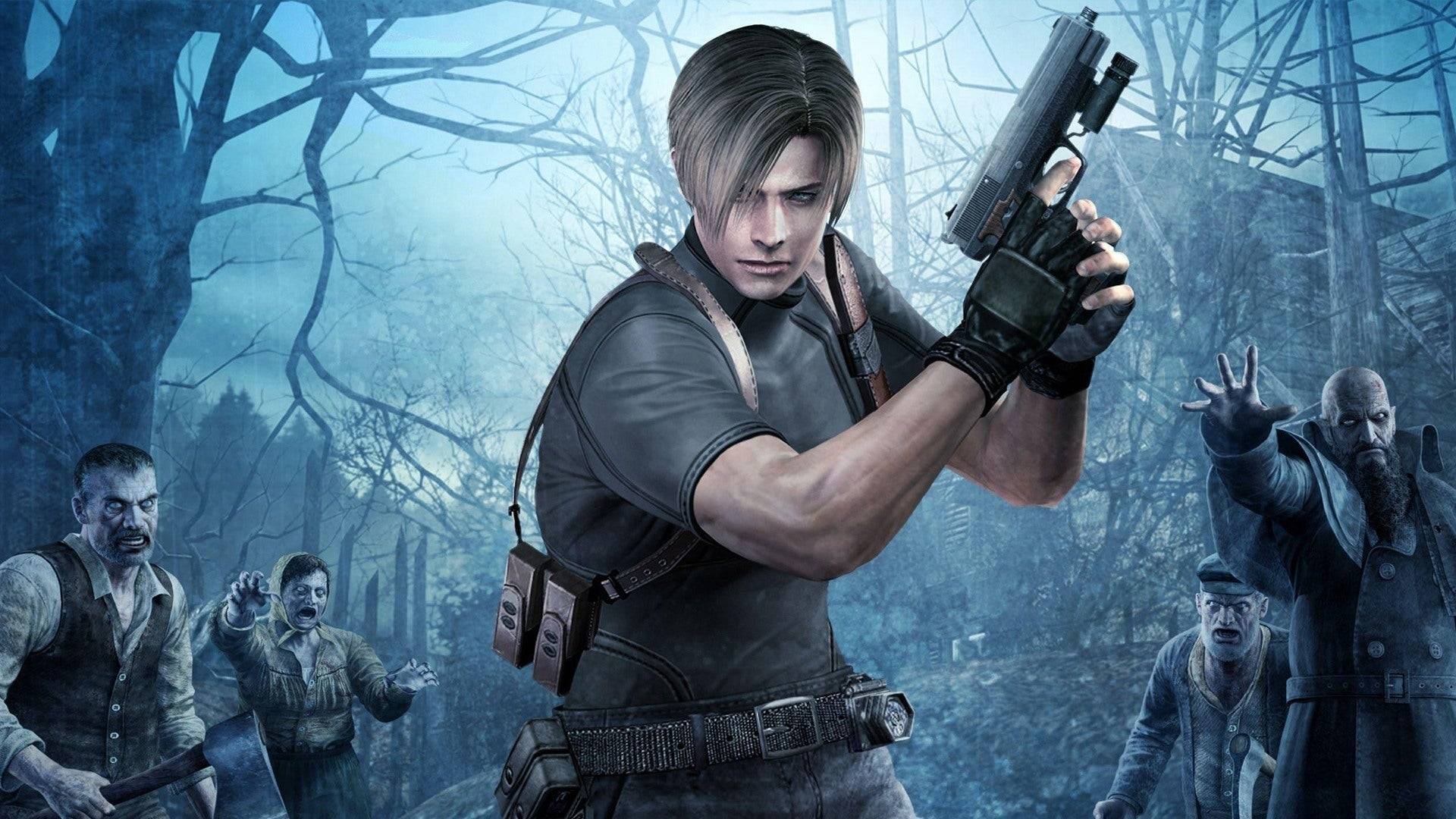 Resident Evil 4 is widely regarded as a masterpiece, blending horror with action in a way that resonated with gamers. However, this balance was lost in subsequent entries. Resident Evil 5 introduced action-heavy sequences that deviated from the series' horror roots, while Resident Evil 6 attempted to cater to both action and horror fans but ended up satisfying neither group fully.
Resident Evil 4 is widely regarded as a masterpiece, blending horror with action in a way that resonated with gamers. However, this balance was lost in subsequent entries. Resident Evil 5 introduced action-heavy sequences that deviated from the series' horror roots, while Resident Evil 6 attempted to cater to both action and horror fans but ended up satisfying neither group fully.
This pattern of struggle wasn't limited to Resident Evil. The Street Fighter series faced similar challenges after the success of Street Fighter 4. Street Fighter 5 was criticized for its lack of content and poor online functionality, leaving fans frustrated.
Capcom's other franchises also faced difficulties. Devil May Cry saw diminishing returns, leading to the outsourcing of DmC: Devil May Cry to Ninja Theory, which received mixed reactions. Efforts to expand into Western markets with titles like Lost Planet and Asura's Wrath were unsuccessful, though Dragon's Dogma was a notable exception.
It was clear that Capcom needed to make significant changes.
Street Fighter 5, The Lost Cause
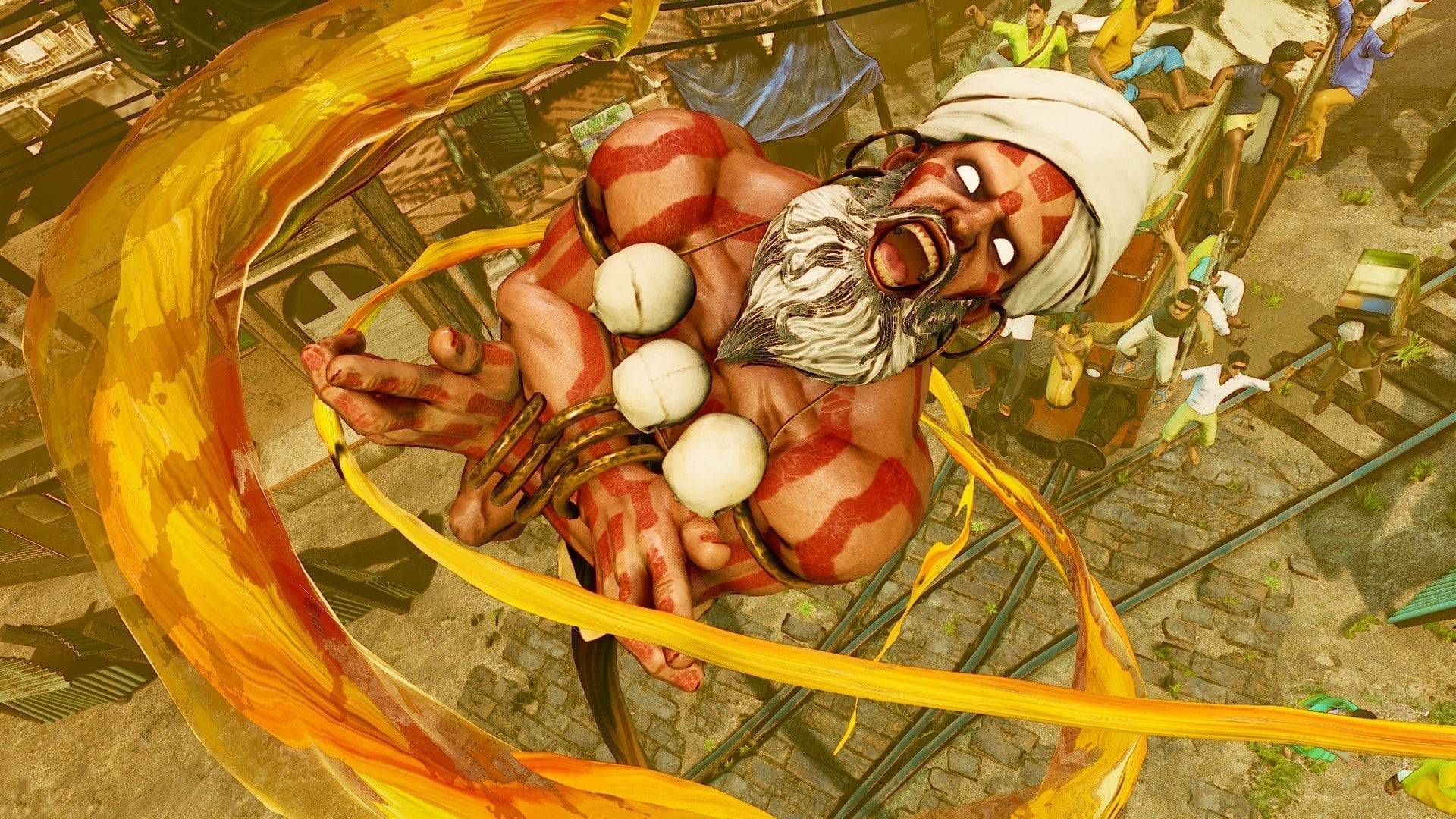 By the mid-2010s, Capcom began implementing strategic shifts that would eventually transform the company's fortunes. The first step was to address the issues with Street Fighter 5. Directors Takayuki Nakayama and producer Shuhei Matsumoto were tasked with stabilizing the game.
By the mid-2010s, Capcom began implementing strategic shifts that would eventually transform the company's fortunes. The first step was to address the issues with Street Fighter 5. Directors Takayuki Nakayama and producer Shuhei Matsumoto were tasked with stabilizing the game.
"There definitely were some challenges within the production of the game, and that was part of the reason why I was brought into the team," Nakayama admitted. Constrained by the game's existing framework, the team focused on fixing immediate problems and laying the groundwork for Street Fighter 6.
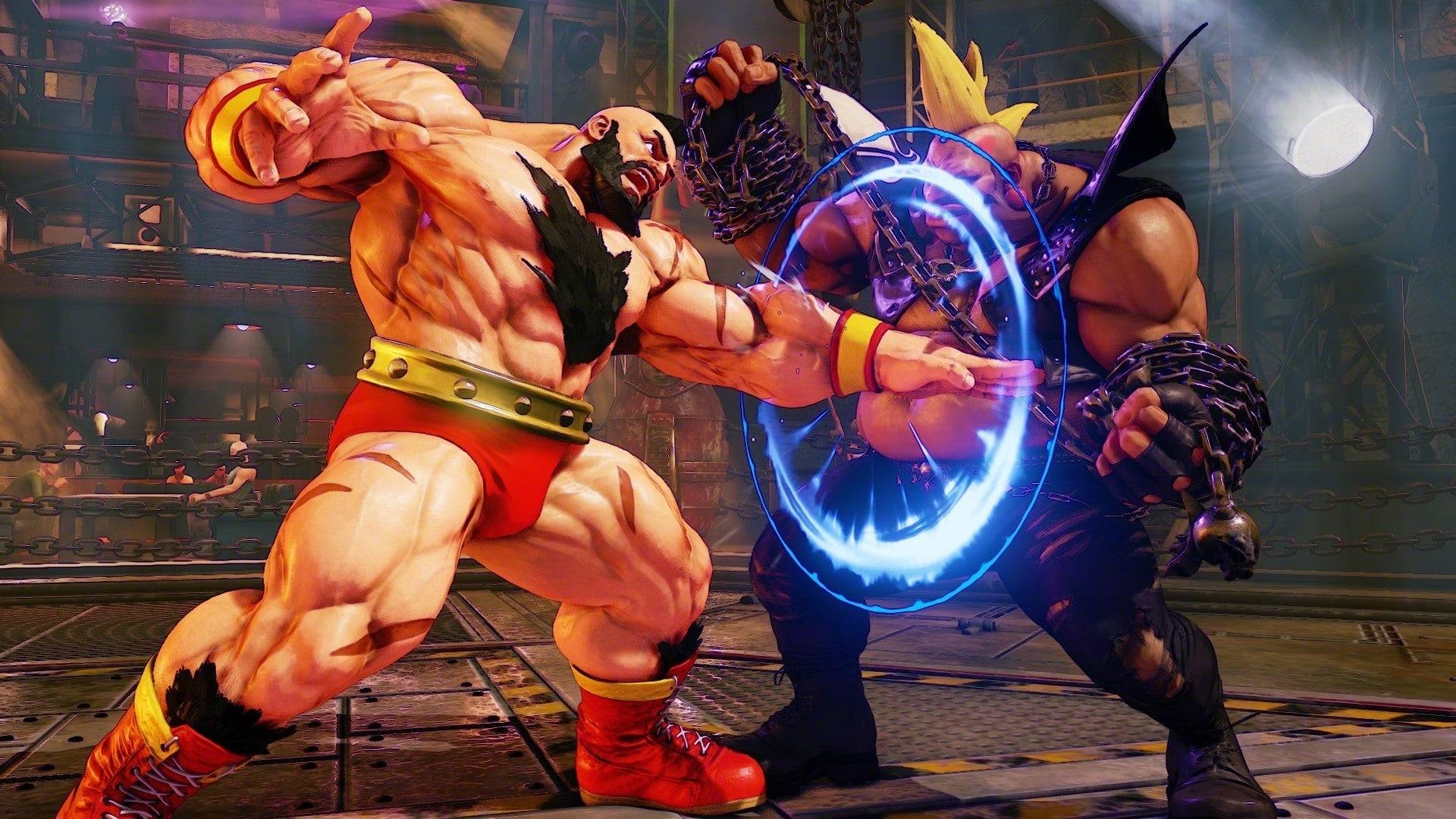 These constraints limited their ability to make significant changes, but they managed to improve the game over time, culminating in Street Fighter 5: Arcade Edition. The lessons learned from this process were invaluable for the development of Street Fighter 6, which launched to critical acclaim.
These constraints limited their ability to make significant changes, but they managed to improve the game over time, culminating in Street Fighter 5: Arcade Edition. The lessons learned from this process were invaluable for the development of Street Fighter 6, which launched to critical acclaim.
"We tried different things during the development of Street Fighter 5 to see if it worked and then we took the things that did work and applied that to Street Fighter 6," Matsumoto explained. This approach allowed Capcom to refine its vision and ensure that Street Fighter 6 would meet the high expectations of fans.
Monster Hunter Took Over The World
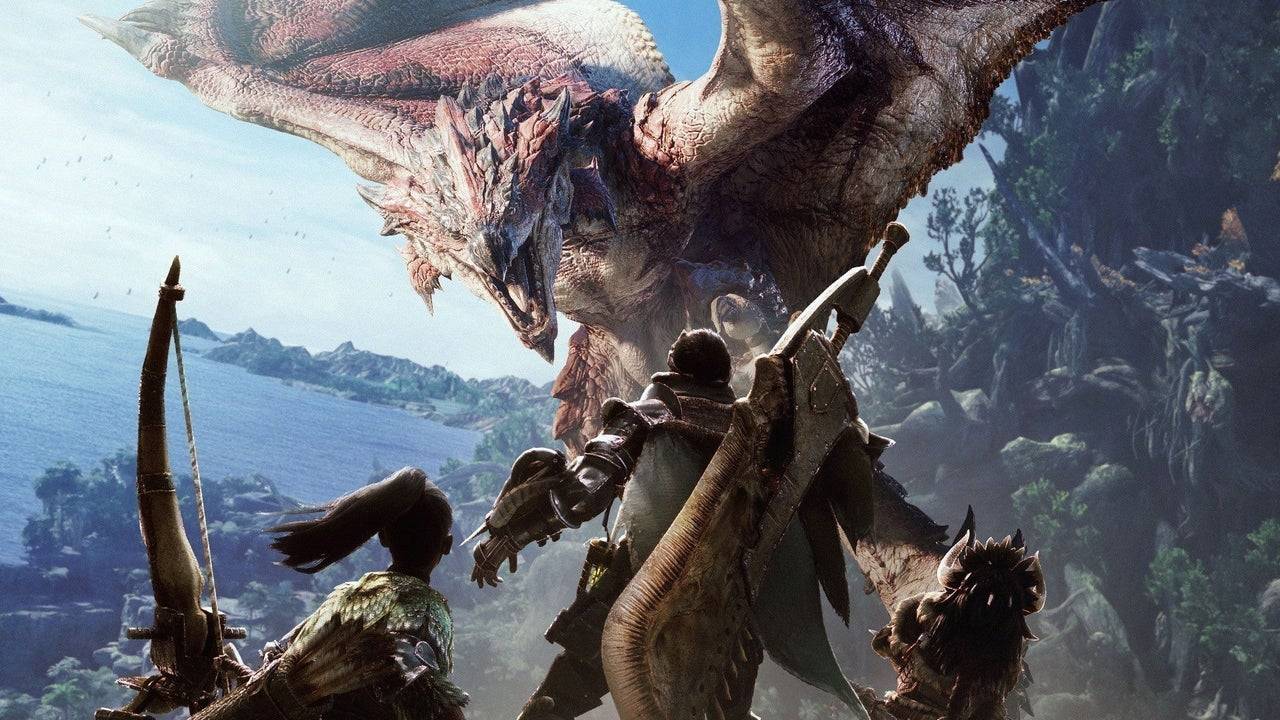 Around the time of Street Fighter 5's launch, Capcom underwent an internal reorganization to prepare for a new generation of games powered by the RE Engine, a significant upgrade from the MT Framework. This shift was part of a broader strategy to create games that appealed to a global audience.
Around the time of Street Fighter 5's launch, Capcom underwent an internal reorganization to prepare for a new generation of games powered by the RE Engine, a significant upgrade from the MT Framework. This shift was part of a broader strategy to create games that appealed to a global audience.
"The change of the engine and also all teams were given a very clear goal at that point to make games that reach the global market," said Hideaki Itsuno, a key figure in the development of Devil May Cry. This focus on global appeal was crucial for Capcom's turnaround.
Capcom's efforts to capture the Western market had previously been unsuccessful, with games like Umbrella Corps and Lost Planet failing to resonate. The company realized it needed to create universally appealing games, not just those tailored to specific markets.
"I think that we had that clear goal of just focusing and not holding anything back towards making good games that would reach people from all over the world," Itsuno emphasized. This shift in strategy was pivotal, and it began to pay off with the release of Resident Evil 7 in 2017, marking the start of a Capcom renaissance.
The Monster Hunter series epitomized this new approach to global success. Although it had a dedicated fanbase in the West, the series was primarily popular in Japan due to the strength of the handheld gaming market there. However, with Monster Hunter: World, released in 2018, Capcom aimed to make the game accessible to a worldwide audience.
"Our approach to the globalization of the series and Monster Hunter in general really ties into not only the themes that we had going into designing the game, but also in the name of the game," said Ryozo Tsujimoto, the executive producer of the Monster Hunter series. Monster Hunter: World was designed to be a global phenomenon, and it succeeded, selling over 20 million copies and paving the way for the equally successful Monster Hunter Rise.
Capcom's commitment to global appeal continued with Monster Hunter Wilds, which aimed to further refine the series' formula to attract new players while maintaining its core identity.
Resident Evil 7 Began Turning Things Around
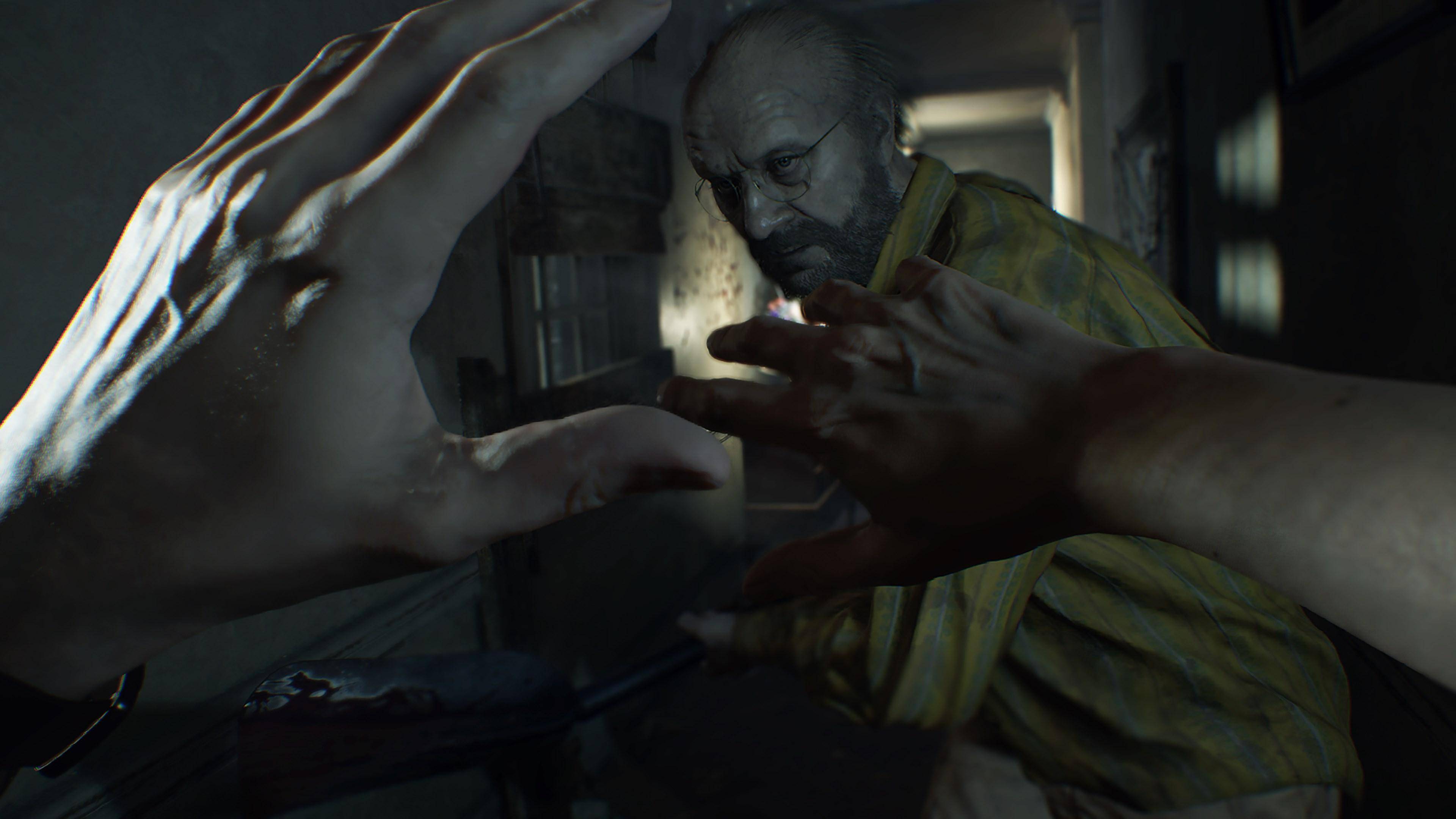 The challenge for Resident Evil was to decide whether to focus on action or return to its survival horror roots. Executive producer Jun Takeuchi made the decisive call to prioritize survival horror.
The challenge for Resident Evil was to decide whether to focus on action or return to its survival horror roots. Executive producer Jun Takeuchi made the decisive call to prioritize survival horror.
"It was around the time I was working on Resident Evil Revelations 1 and 2. I was trying to test different things, try different approaches," recalled Yasuhiro Ampo, director of the Resident Evil 2 and 4 remakes. Takeuchi's directive was clear: Resident Evil needed to return to its origins.
This decision bore fruit with Resident Evil 7, announced at PlayStation's E3 2016 conference with a first-person perspective that brought a new level of terror to the series. "With Resident Evil 7, the executive producer, Jun Takeuchi, made it clear that we cannot underestimate how critical it is for the series for it to be scary and about survival," Ampo stated.
The game was a success, re-establishing Resident Evil as a premier survival horror franchise. While Resident Evil 7 and 8 embraced first-person gameplay, Capcom also released third-person remakes, starting with Resident Evil 2, which became one of the best-selling games in the series.
"Resident Evil 4 is a game that is so beloved. If we get anything wrong with the remake, people might be quite vocal about their discomfort," Ampo noted. Despite initial reservations, the Resident Evil 4 remake was a hit, refining the balance between action and horror to align with the series' roots.
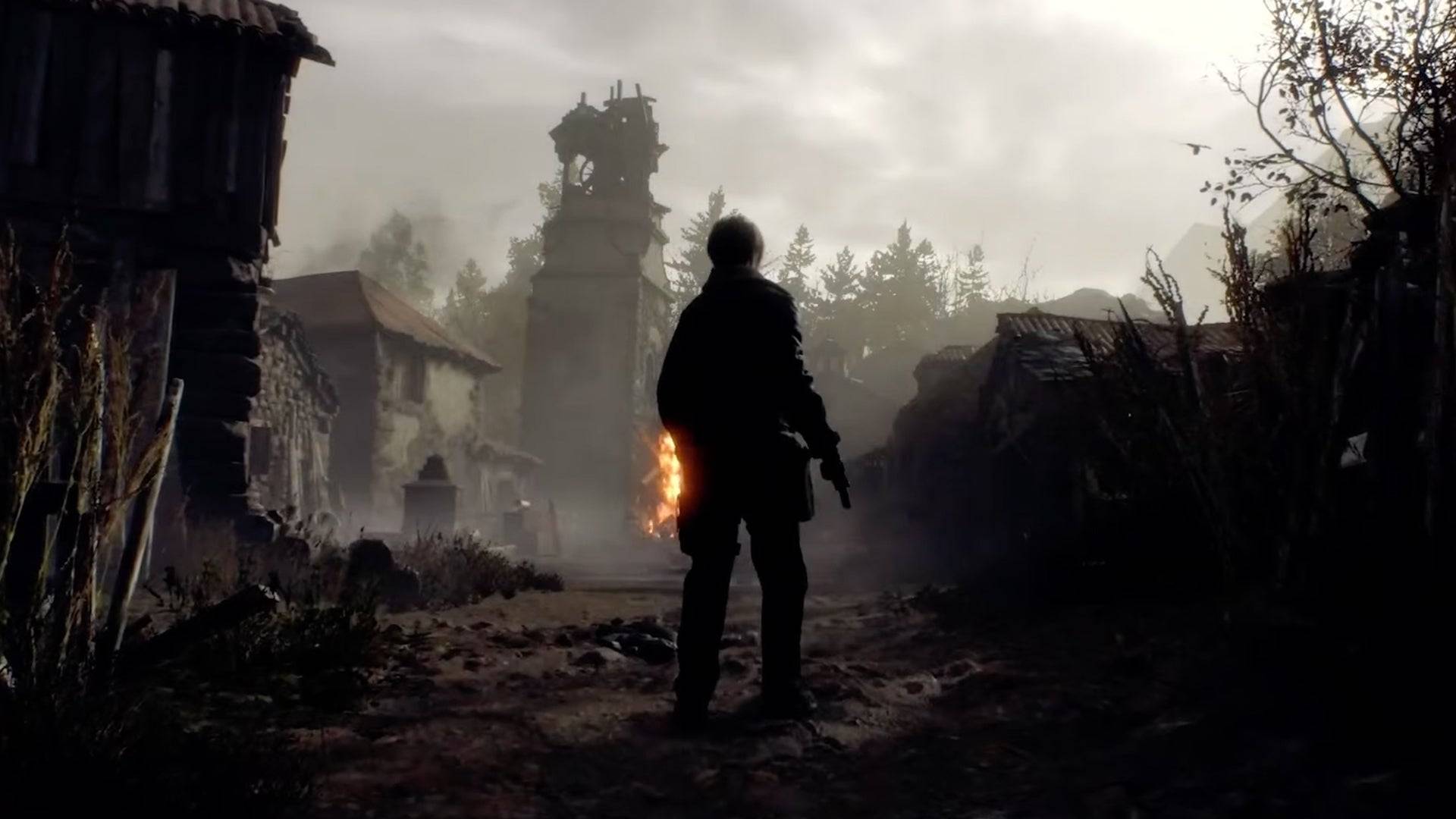 Concurrently, Hideaki Itsuno, the longtime director of Devil May Cry, sought to revitalize the action genre with Devil May Cry 5. Leveraging the RE Engine, Itsuno aimed to create the "coolest" action game possible, focusing on style and challenge.
Concurrently, Hideaki Itsuno, the longtime director of Devil May Cry, sought to revitalize the action genre with Devil May Cry 5. Leveraging the RE Engine, Itsuno aimed to create the "coolest" action game possible, focusing on style and challenge.
The Reason Behind The Change
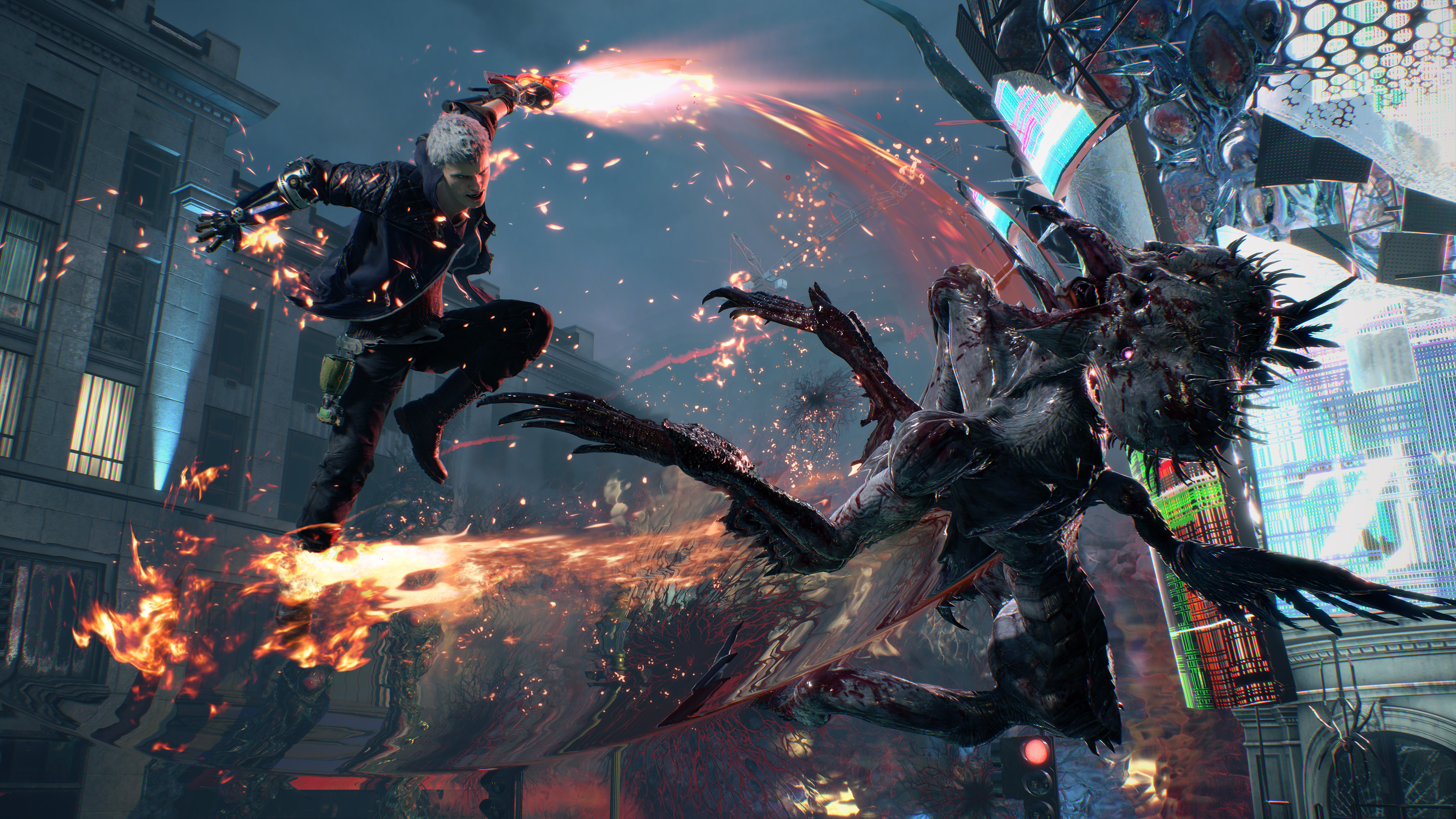 "I felt like the main trend with action games was to make action games that were very kind," Itsuno admitted. "Maybe, for me, a little bit too kind to the players, lending a hand to the player too much to my liking."
"I felt like the main trend with action games was to make action games that were very kind," Itsuno admitted. "Maybe, for me, a little bit too kind to the players, lending a hand to the player too much to my liking."
The RE Engine's introduction was pivotal, offering photorealistic assets and a more agile development environment. "The original concept for the RE Engine was to allow for a development environment that was less stressful and could help us to make things quicker," Ampo explained. This flexibility allowed Capcom's developers to experiment and refine their games efficiently.
"Devil May Cry is a franchise that stands on being cool," Itsuno said. "That’s what the franchise is, it’s about being cool. Ever since I took over the series from Devil May Cry 3, I put everything that I, as a person, I considered throughout my life to be cool."
A New Capcom Golden Age
Since 2017, Capcom has released a game of the year contender nearly every year, a remarkable feat in an industry where consistency is challenging. This success is attributed to a focus on creating globally appealing games, powered by advanced technology that supports a wide range of genres.
"Capcom is going through a golden era, and, well, now we have to do everything we can so that this lasts one more year, one more year, and every year, one more year," Tsujimoto stated. Capcom's ability to maintain its core game identities while expanding its audience globally is a testament to its strategic overhaul.
As other studios struggle to find their footing, Capcom's recent success story serves as an inspiration. The company's transformation from a period of uncertainty to a new golden age is a remarkable journey that continues to unfold.

 2016 was a challenging year for Capcom. The release of Umbrella Corps, an online co-op shooter, was met with harsh criticism from both reviewers and fans. Meanwhile, Street Fighter 5 left many long-time enthusiasts skeptical, questioning if this was truly the sequel to the beloved Street Fighter 4. The release of Dead Rising 4, which marked the return of fan-favorite Frank West, turned out to be the last new entry in the series.
2016 was a challenging year for Capcom. The release of Umbrella Corps, an online co-op shooter, was met with harsh criticism from both reviewers and fans. Meanwhile, Street Fighter 5 left many long-time enthusiasts skeptical, questioning if this was truly the sequel to the beloved Street Fighter 4. The release of Dead Rising 4, which marked the return of fan-favorite Frank West, turned out to be the last new entry in the series. Resident Evil 4 is widely regarded as a masterpiece, blending horror with action in a way that resonated with gamers. However, this balance was lost in subsequent entries. Resident Evil 5 introduced action-heavy sequences that deviated from the series' horror roots, while Resident Evil 6 attempted to cater to both action and horror fans but ended up satisfying neither group fully.
Resident Evil 4 is widely regarded as a masterpiece, blending horror with action in a way that resonated with gamers. However, this balance was lost in subsequent entries. Resident Evil 5 introduced action-heavy sequences that deviated from the series' horror roots, while Resident Evil 6 attempted to cater to both action and horror fans but ended up satisfying neither group fully. By the mid-2010s, Capcom began implementing strategic shifts that would eventually transform the company's fortunes. The first step was to address the issues with Street Fighter 5. Directors Takayuki Nakayama and producer Shuhei Matsumoto were tasked with stabilizing the game.
By the mid-2010s, Capcom began implementing strategic shifts that would eventually transform the company's fortunes. The first step was to address the issues with Street Fighter 5. Directors Takayuki Nakayama and producer Shuhei Matsumoto were tasked with stabilizing the game. These constraints limited their ability to make significant changes, but they managed to improve the game over time, culminating in Street Fighter 5: Arcade Edition. The lessons learned from this process were invaluable for the development of Street Fighter 6, which launched to critical acclaim.
These constraints limited their ability to make significant changes, but they managed to improve the game over time, culminating in Street Fighter 5: Arcade Edition. The lessons learned from this process were invaluable for the development of Street Fighter 6, which launched to critical acclaim. Around the time of Street Fighter 5's launch, Capcom underwent an internal reorganization to prepare for a new generation of games powered by the RE Engine, a significant upgrade from the MT Framework. This shift was part of a broader strategy to create games that appealed to a global audience.
Around the time of Street Fighter 5's launch, Capcom underwent an internal reorganization to prepare for a new generation of games powered by the RE Engine, a significant upgrade from the MT Framework. This shift was part of a broader strategy to create games that appealed to a global audience. The challenge for Resident Evil was to decide whether to focus on action or return to its survival horror roots. Executive producer Jun Takeuchi made the decisive call to prioritize survival horror.
The challenge for Resident Evil was to decide whether to focus on action or return to its survival horror roots. Executive producer Jun Takeuchi made the decisive call to prioritize survival horror. Concurrently, Hideaki Itsuno, the longtime director of Devil May Cry, sought to revitalize the action genre with Devil May Cry 5. Leveraging the RE Engine, Itsuno aimed to create the "coolest" action game possible, focusing on style and challenge.
Concurrently, Hideaki Itsuno, the longtime director of Devil May Cry, sought to revitalize the action genre with Devil May Cry 5. Leveraging the RE Engine, Itsuno aimed to create the "coolest" action game possible, focusing on style and challenge. "I felt like the main trend with action games was to make action games that were very kind," Itsuno admitted. "Maybe, for me, a little bit too kind to the players, lending a hand to the player too much to my liking."
"I felt like the main trend with action games was to make action games that were very kind," Itsuno admitted. "Maybe, for me, a little bit too kind to the players, lending a hand to the player too much to my liking." LATEST ARTICLES
LATEST ARTICLES 